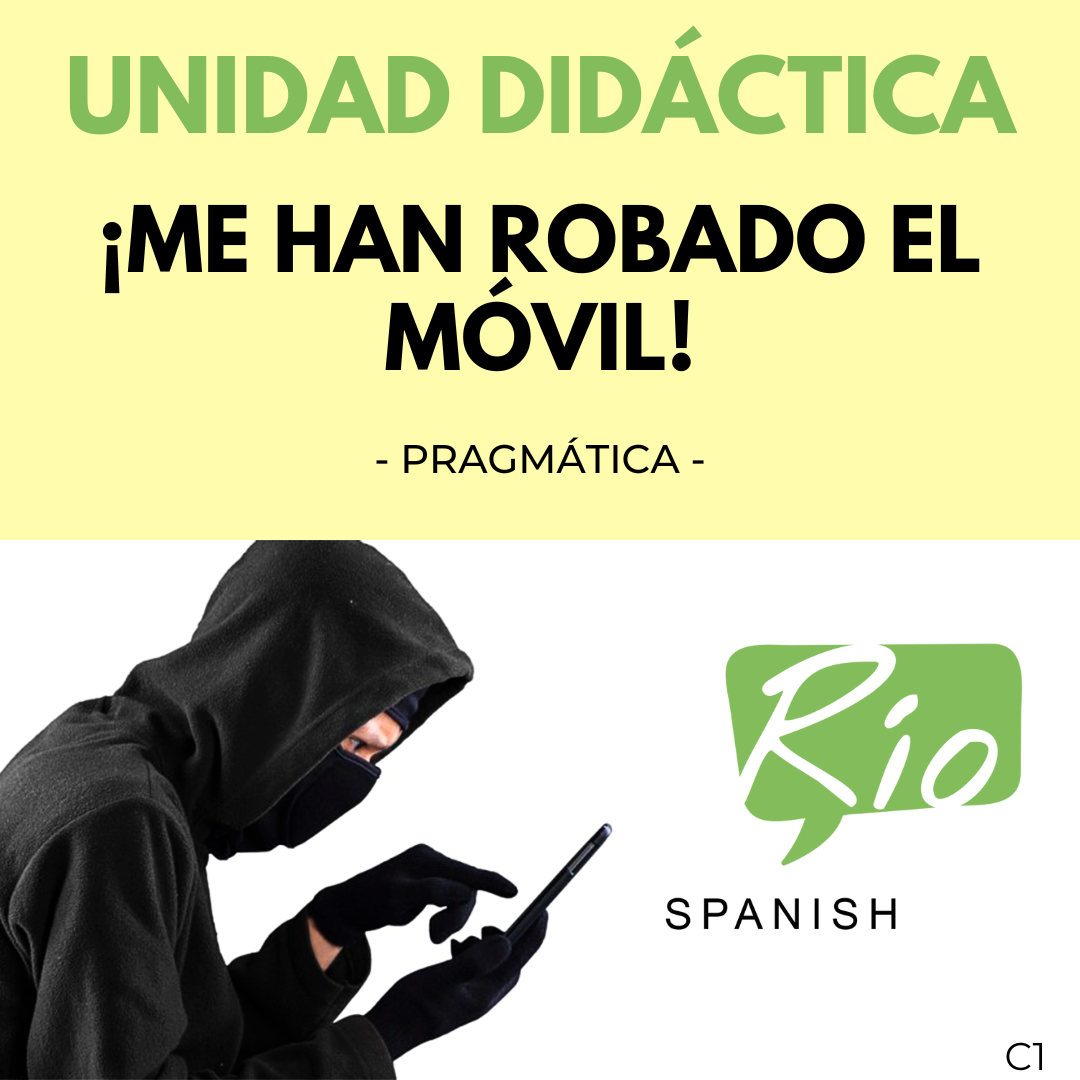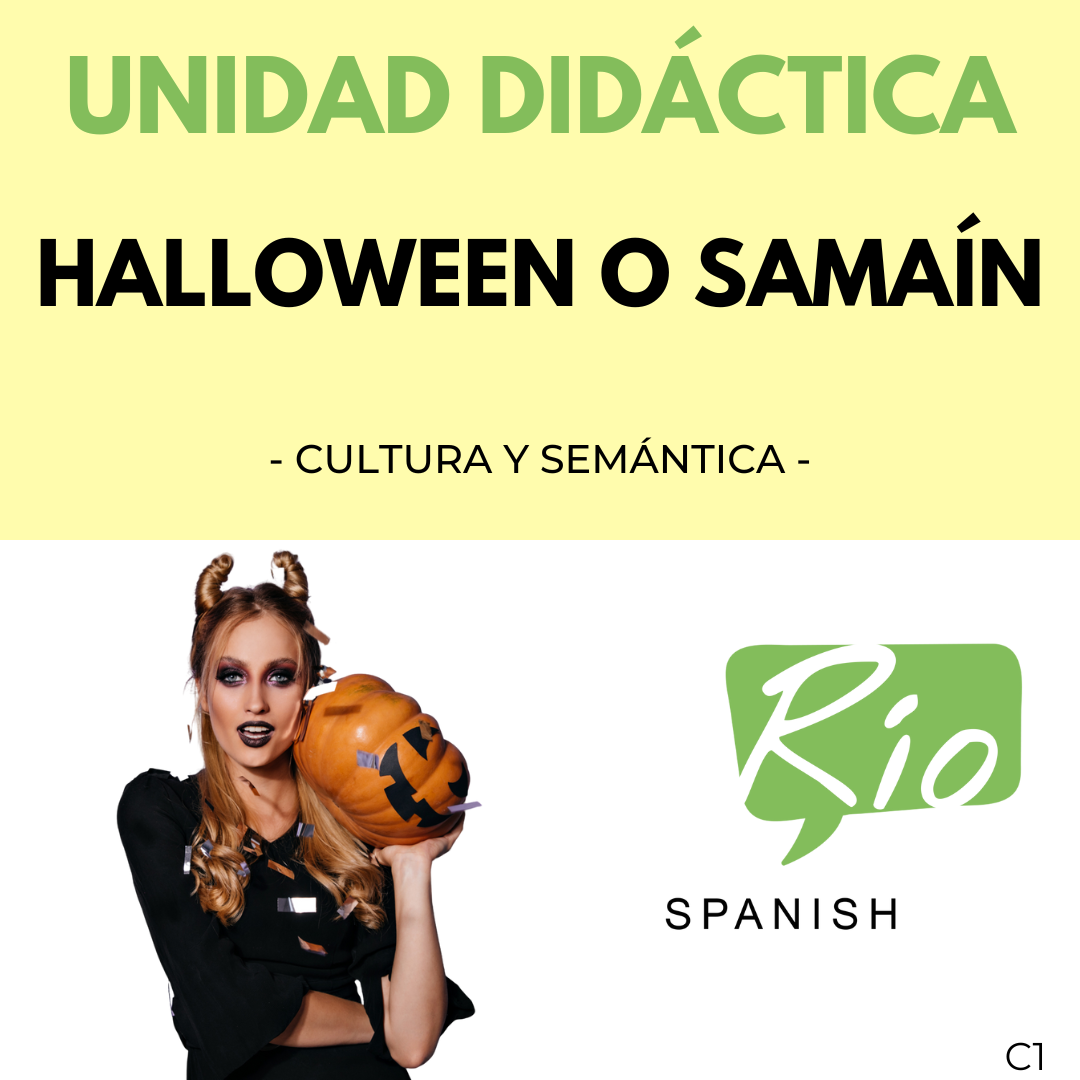26 march 2024
Ana del Río
My mobile phone has been stolen!

Pickpockets are experts in the art of theft -hurto-. They blend in with the crowds, seeking opportunities to slip stealthily and snatch valuables from unsuspecting pockets. Tourists, in particular, can be easy targets, as they are often distracted admiring the wonders of the city and may neglect the security of their belongings. A police colleague explains to us that "The best thing that can happen to you in a robbery is not even realizing that it has occurred."

Citizen patrols -patrullas ciudadanas- have also been a subject of debate in Barcelona. Some question their effectiveness and legality, arguing that their presence could lead to unnecessary tensions or even conflicts. Additionally, there are concerns about the training and supervision of these patrols, suggesting the possibility that they may act more like improvised vigilantes than a legitimate complement to law enforcement.

We invite all readers of Río Spanish School to share their opinions and experiences related to mobile phone theft in Barcelona. Have you been a victim of theft or witnessed any suspicious situations? What measures do you take to protect your belongings in crowded places? Your voice is important in this debate. Feel free to leave your comments and contribute to this conversation!
If you are a Spanish teacher and you want your students to learn how to talk about this topic in Spanish, check out our lastest teaching material available in our shop:
Explore our shop to find many other teaching materials:
























